
Competition among neighboring rural communities, whether based on past actions, a zero-sum mentality, high school sports team rivalries, or other factors, rarely make sense when it comes to improving economic prospects for more people. No one rural community can typically meet all of its needs and achieve prosperity or advance equity on its own.
Intentionally and consistently analyzing, planning, and working together across the regional footprint that shares a challenge or opportunity breaks down barriers, builds trust, and ultimately maximizes the use and strengthening of assets that exist in each community as well as the region. This ensures that both investments and returns can happen at a scale that increases dynamism and meets the equitable prosperity aspirations of the region.
Building Block Evidence
Evidence suggests that regional collaboration across geographies, jurisdictions, and functions can be effective in improving social and economic opportunity.1,2 Some researchers have seen regional collaboration as a response to urban-rural divide narratives3,4 and as an institutional response to the realities of rural-urban interdependence.5,6 Principles for effective regional collaboration include: building and sustaining trusted regionally-focused institutions with deep roots, contextual understanding, and strong analytical capacity; recognizing that everyone, urban and rural alike, contributes to regional well-being; addressing inequities of geography, race and ethnicity, gender, income, and class to improve social and economic opportunity and health for all people and places; connecting the many elements that create and sustain healthy economies and communities into regional ecosystems; and investing for the long-term.7
See also, 10: Regional Analysis and Action for an overview of regional studies.
Curated ReSources
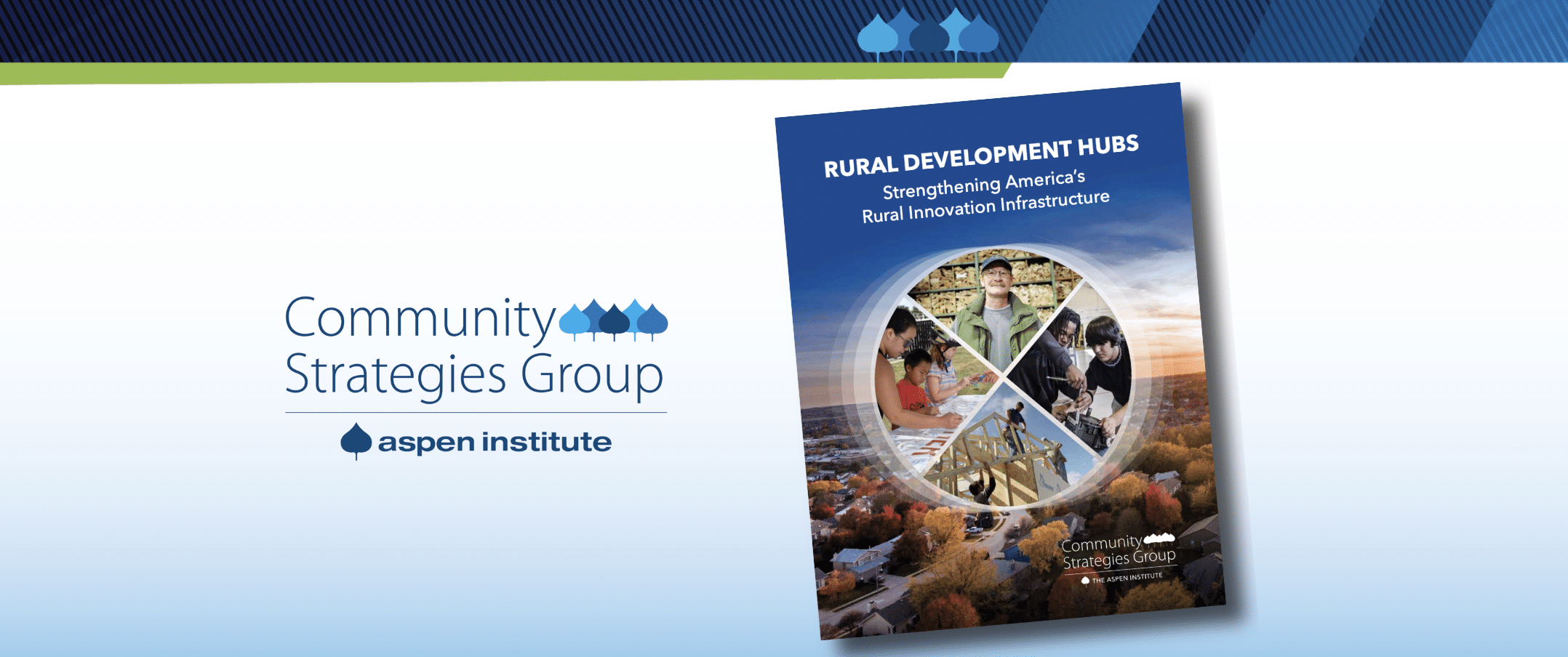
Rural Development Hubs Report
Rural Development Hubs are a specific set of intermediaries that are doing development differently in rural America. They are main players advancing an asset-based, wealth-building, approach to rural community and economic development.
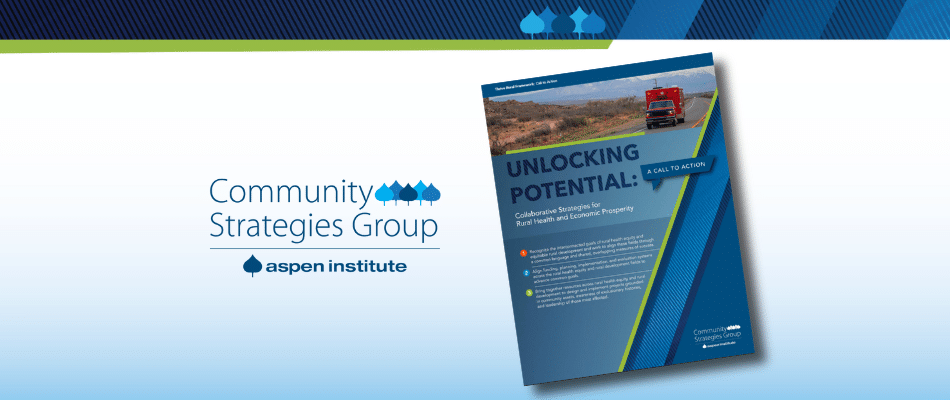
Collaborative Strategies for Rural Health & Economic Prosperity
Insights and recommendations to do rural development and rural health differently—moving collectively toward equitable rural development with projects grounded in place and a people-centered vision of community impact.
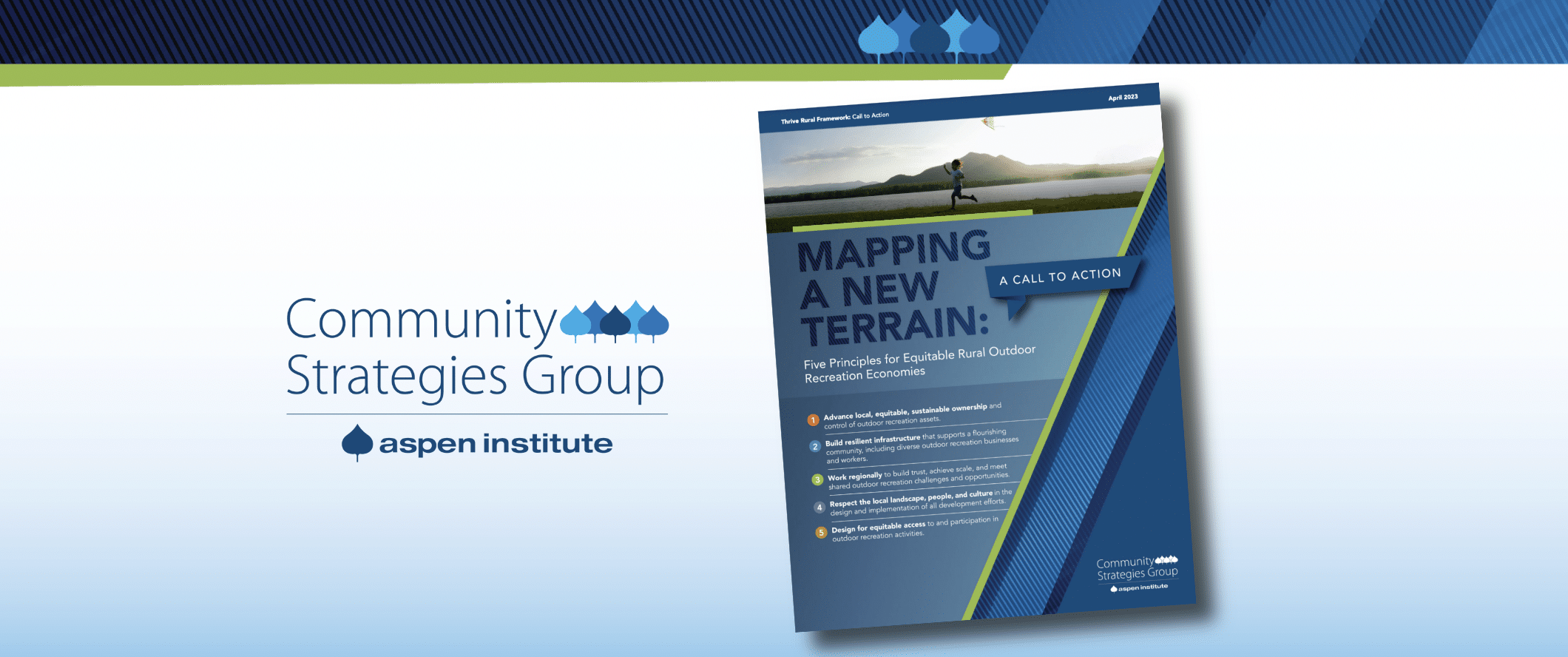
Mapping a New Terrain: Executive Summary
Executive Summary document for Mapping a New Terrain: A Call to Action. Get quick takeaways and recommendations for action on equitable outdoor recreation development.
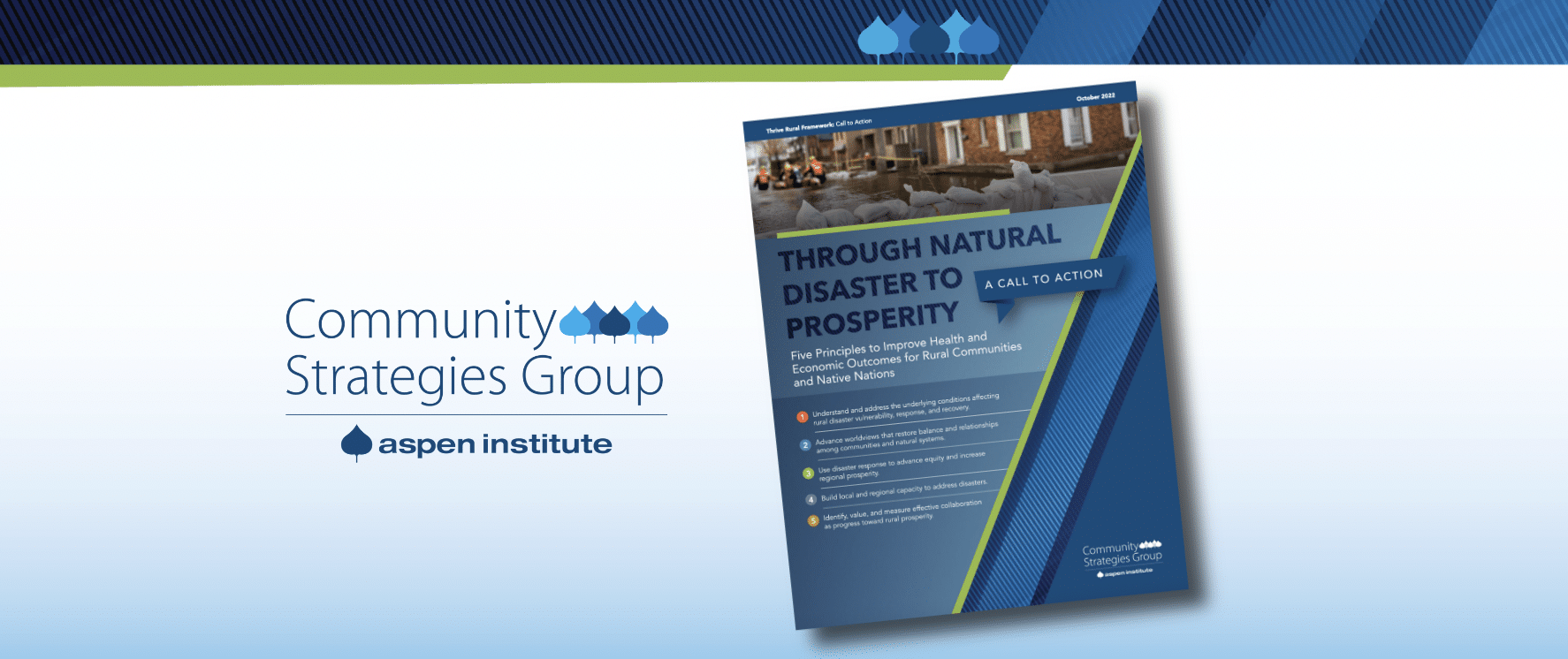
Through Natural Disaster to Prosperity — Executive Summary
Executive Summary document for Through Natural Disaster to Prosperity: A Call to Action. Get quick takeaways and recommendations for action.
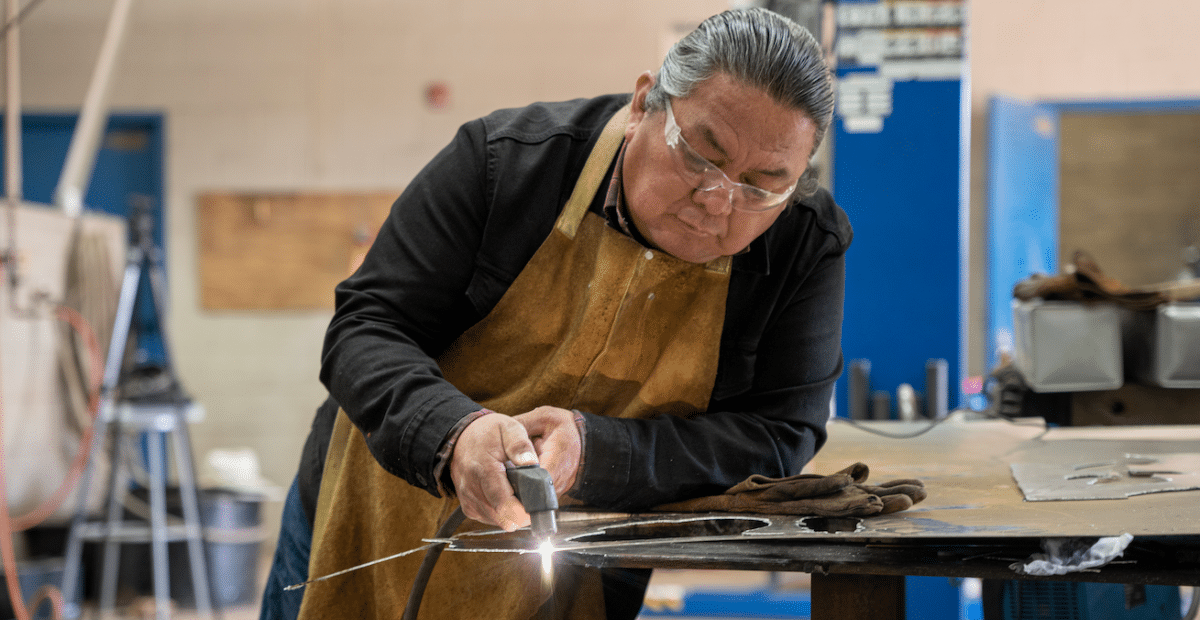
From Competition to Cooperation: Rural Wealth Creation
Insights from rural practitioners who are advancing equitable prosperity and economic development in a way that embraces and strengthens the unique assets of rural regions.
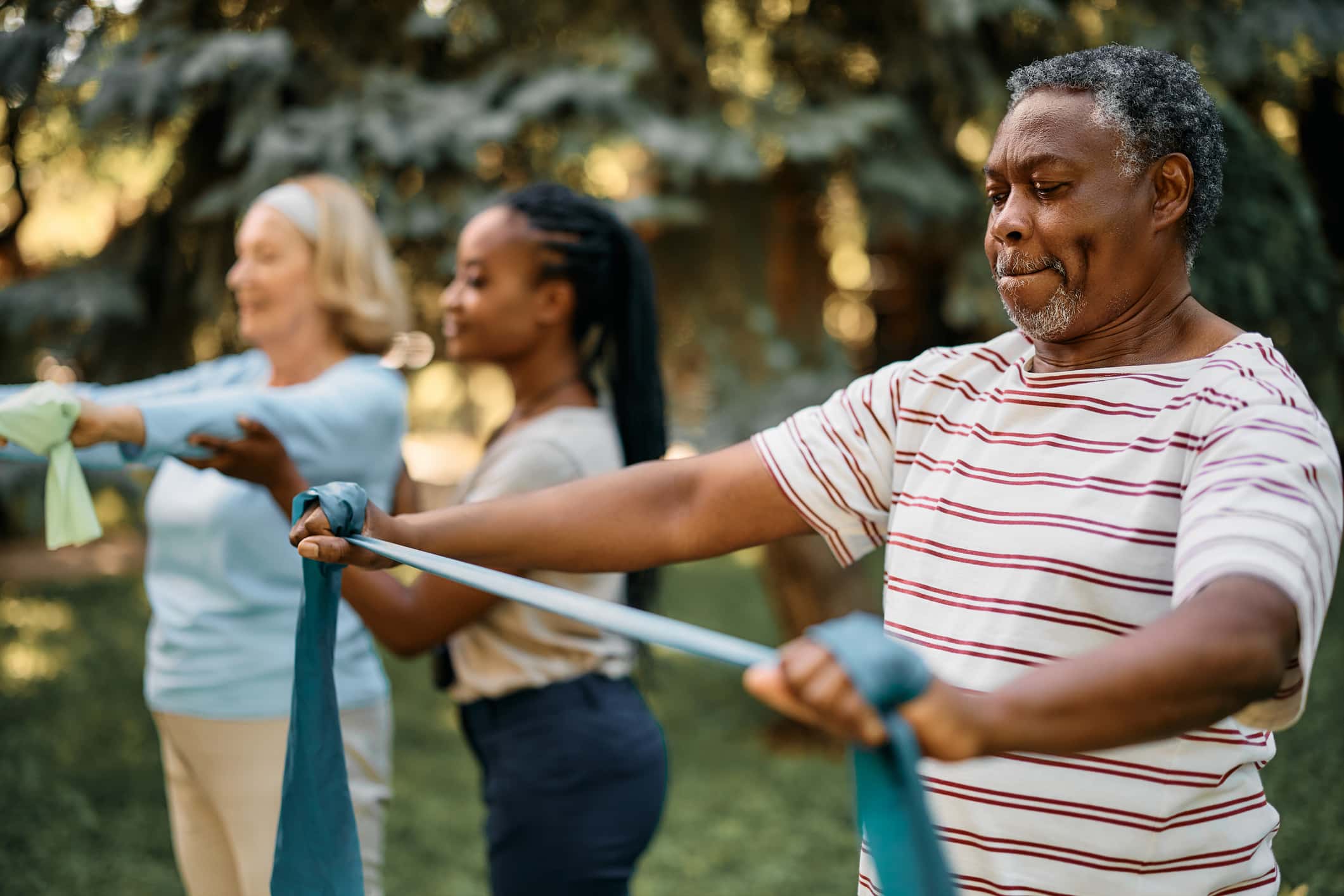
Pathways to Health Equity: Rural Wellbeing and Regional Assets
How the health equity and economic development fields intersect and can collaborate to bring prosperity to rural communities.

Translating Federal Opportunities into Local Resources
This short case study has insights and tips on how rural communities with limited staffing and resources can understand, prepare for, and compete for finite federal funds.

Building Capacity in Rural & Indigenous Communities
Insights and learnings from rural practitioners on how organizational capacity and technical assistance can be carefully and intentionally strengthened to grow economies, health, and livelihoods for each and every person in their regions.
Field Items

ACCELERATING RURAL PROSPERITY THROUGH REGIONAL COLLABORATION
National League of Cities
National League of Cities
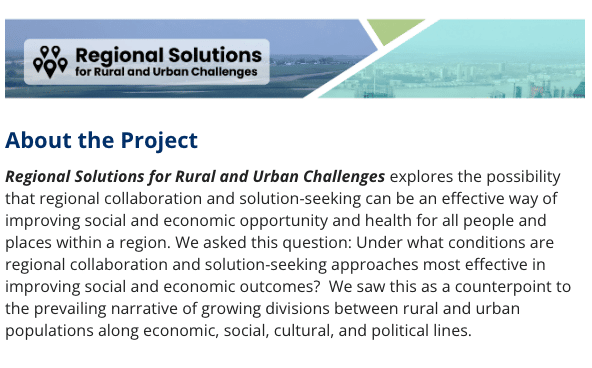
Regional Solutions for Rural and Urban Challenges
LOCUS Impact Investing’s Regional Solutions for Rural and Urban Challenges explores the possibility that regional collaboration and solution-seeking can be an effective way of improving social and economic opportunity and health for all people and places within a region.
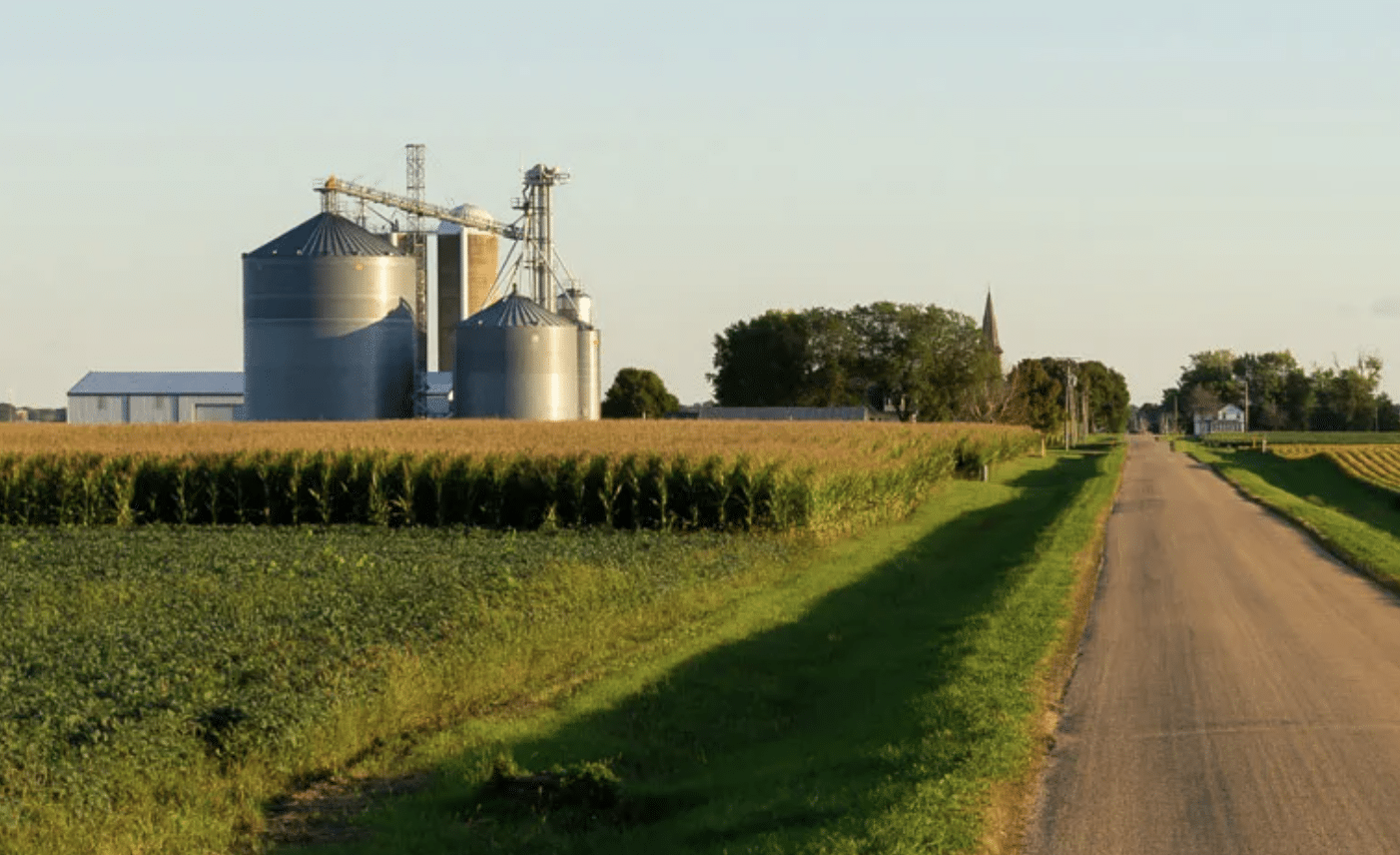
REGIONAL RURAL DEVELOPMENT CENTERS
USDA National Institute of Food and Agriculture
The NIFA Regional Rural Development Centers link the research and educational outreach capacity of the nation’s public universities with communities, local decision-makers, entrepreneurs, families, and farmers and ranchers to help address a wide range of development issues.
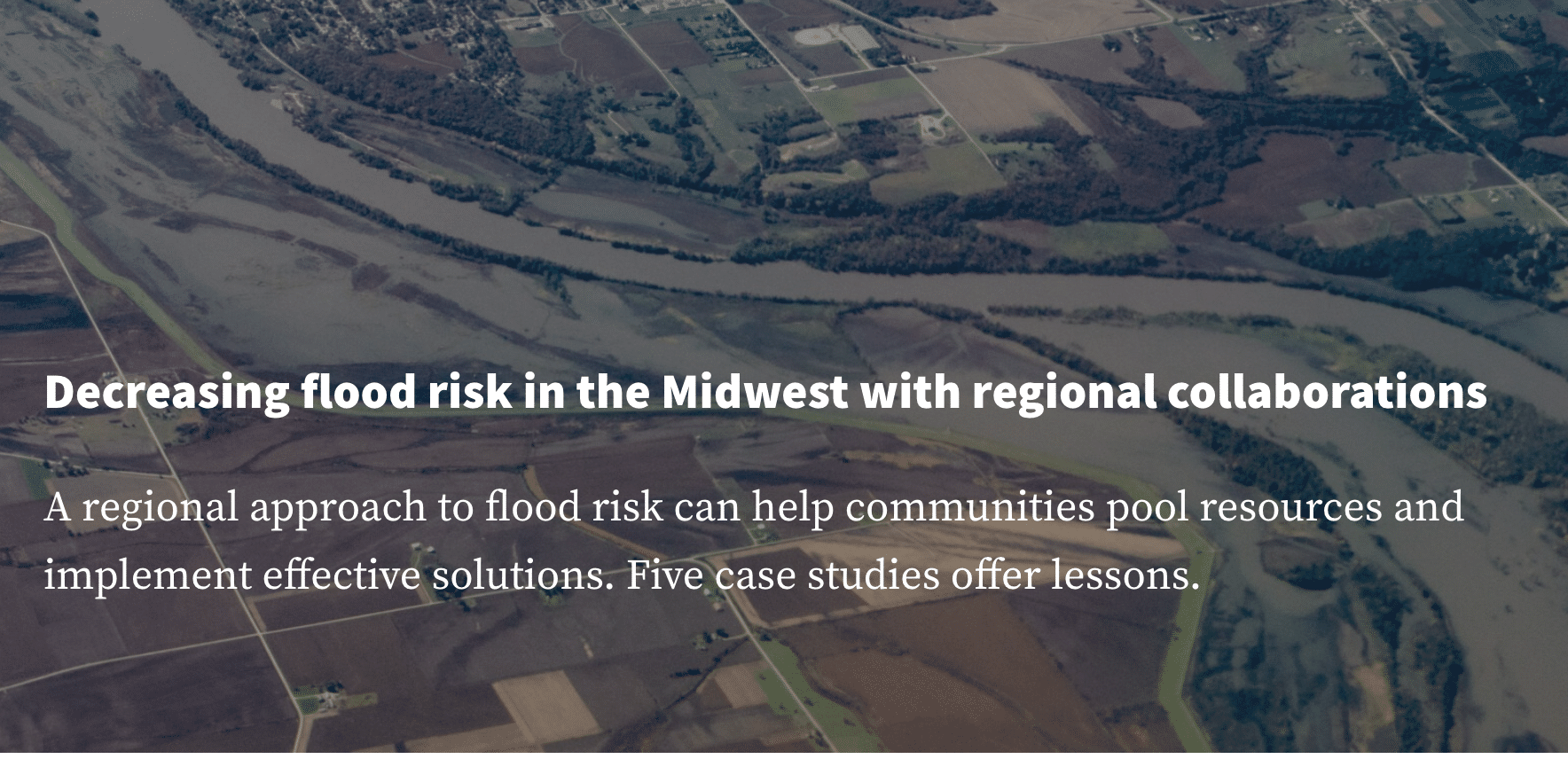
DECREASING FLOOD RISK IN THE MIDWEST WITH REGIONAL COLLABORATIONS
Headwaters Economics
A regional approach to flood risk can help communities pool resources and implement effective solutions. Five case studies offer lessons.
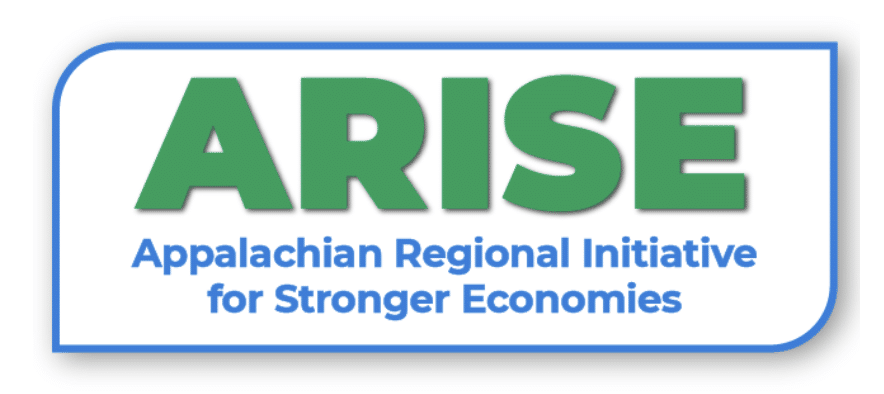
REGIONAL MULTISTATE COLLABORATION TOOLKIT
Appalachian Regional Initiative for Stronger Economics (ARISE)
The Appalachian Regional Commission (ARC) and American Institutes for Research (AIR) share case studies, insights and takeaways from practitioners and resources.

REGIONAL FOOD HUB RESOURCE GUIDE
USDA Agricultural Marketing Service
HSDA report on food hub impacts on regional food systems, and the resources available to support their growth and development.
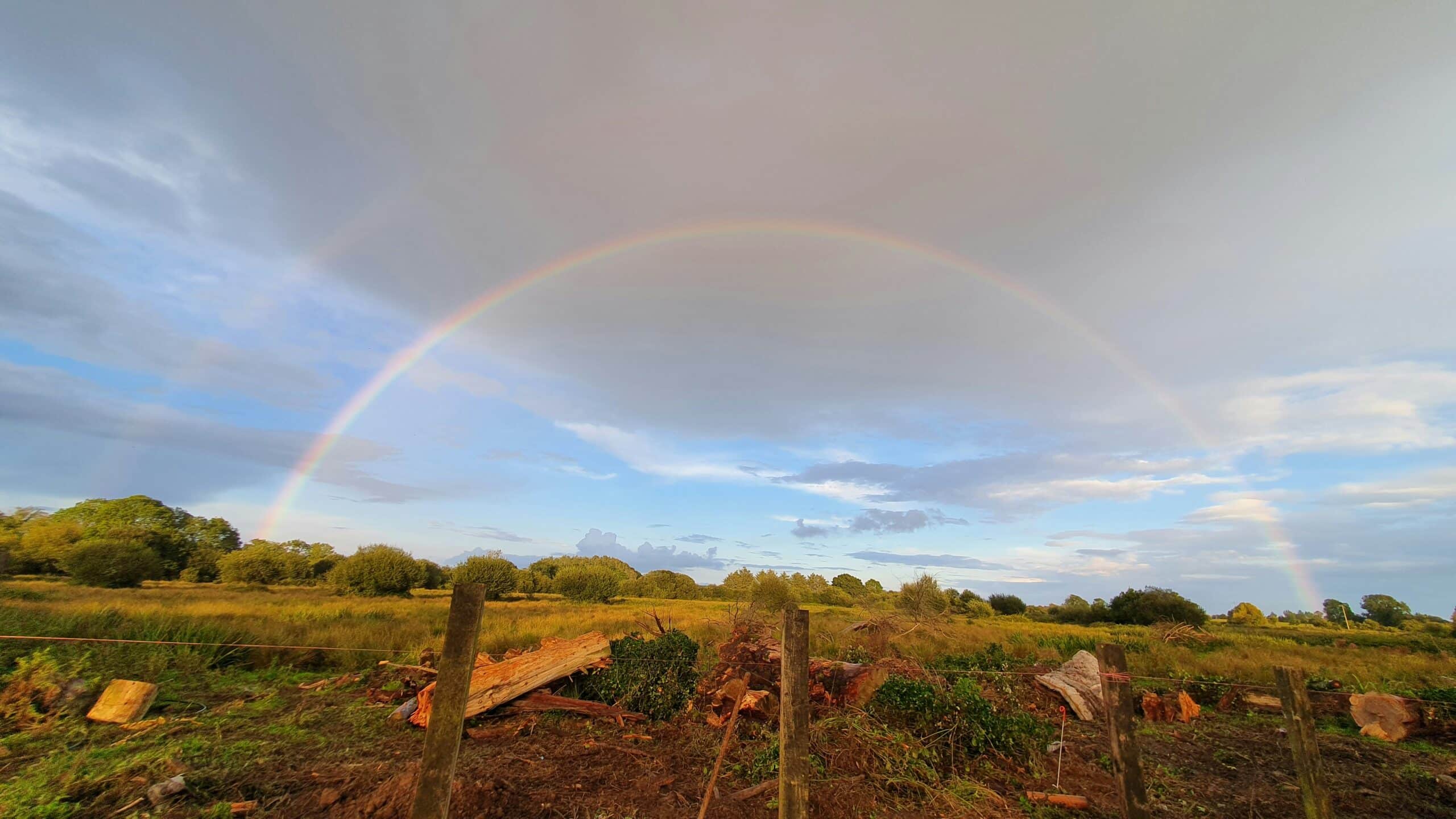
RURAL DEVELOPMENT POLICY
Organisation for Economic Co-operation and Development
One-pager highlighting general policy approach of economic development and recent policy changes.
We see the framework as a living document, which necessarily must evolve over time, and we seek to expand the collective ownership of the Thrive Rural Framework among rural equity, opportunity, health, and prosperity ecosystem actors. Please share your insights with us about things the framework is missing or ways it should change.
